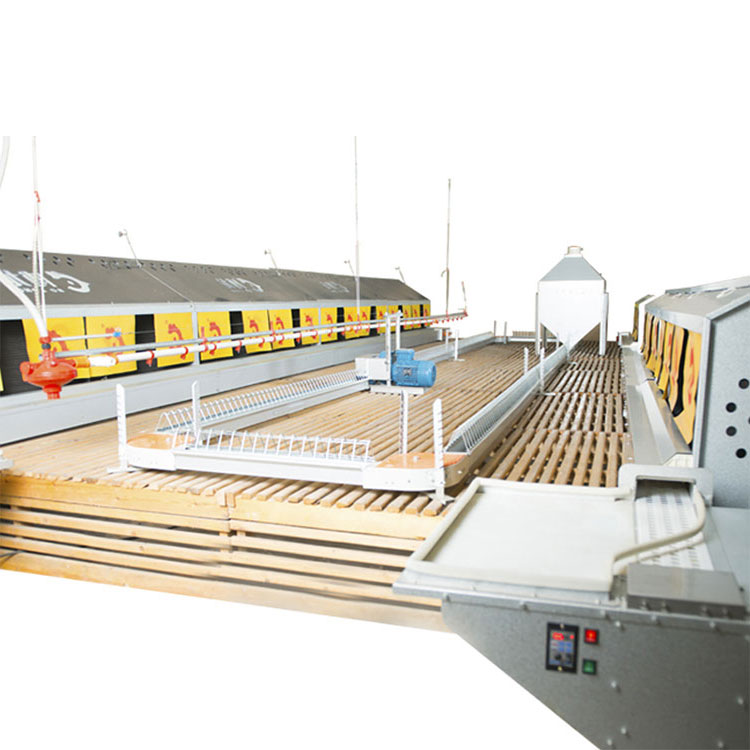Economic Impact of Advanced Egg Collection Systems
Introduction: Investing in advanced egg collection systems has a significant economic impact on poultry farms. These systems improve efficiency, reduce costs, and enhance profitability. This article examines the economic benefits of advanced egg collection systems.

Egg selection automation,
Automated egg collector tool
Labor Cost Savings: Automated egg collection systems reduce the need for manual labor, leading to significant labor cost savings. This is particularly beneficial for large-scale operations where labor costs are a major expense.
Increased Productivity: By streamlining the egg collection process, advanced systems increase productivity. This allows farms to handle larger volumes of eggs with the same or fewer resources, enhancing overall profitability.

Reduced Egg Breakage: Advanced systems handle eggs more gently and consistently, reducing breakage rates. Lower breakage means more marketable eggs and higher revenue for the farm.
Improved Egg Quality: Automated systems ensure eggs are clean and free from contaminants, meeting market quality standards. Higher quality eggs command better prices, increasing farm income.
Data-Driven Decision Making: Systems with data collection capabilities provide valuable insights into production trends and system performance. This data helps farmers make informed decisions, optimize operations, and identify areas for cost savings.
Conclusion: Advanced egg collection systems offer significant economic benefits, including labor cost savings, increased productivity, reduced egg breakage, improved egg quality, and data-driven decision making. These advantages make them a worthwhile investment for poultry farms aiming to enhance profitability.